Discover financial empowerment resources
Discover financial empowerment resources
Ontario faces three crises in housing – attainability, affordability and homelessness. These crises were and are exacerbated by the ongoing COVID-19 pandemic. The economic chaos created as our American allies become difficult neighbours threatens to pile on top of the COVID-19 damage before our...
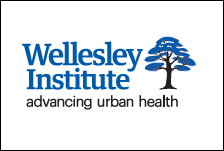
Canada’s Black population has grown significantly over the last two decades and now accounts for 4.3% of the Canadian population. This diverse community includes those with deep historical roots, particularly in Atlantic Canada, alongside recent migrants from the Caribbean, Africa and beyond....
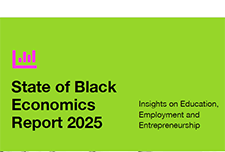
In partnership, Daily Bread Food Bank and North York Harvest Food Bank have released Who’s Hungry 2024 – an annual profile of poverty and food insecurity in the City of Toronto. In the last year, there were 3.49 million client visits to Toronto food banks – nearly 1 million more visits...
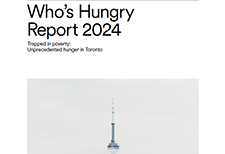
Homelessness among women and gender-diverse people in Canada has been declared by the Federal Housing Advocate a national human rights crisis. This new toolkit will support the evidence- and testimony gathering for the upcoming National Housing Council’s Review Panel on Canada’s Failure to...
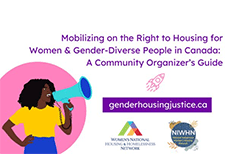
As the growth in the number of renter households in Canada outpaces the growth of homeownership,2 tenants, property owners and researchers are sounding the alarm that more can and must be done to recognize the right to adequate housing in Canada. Central to these calls is a better understanding...
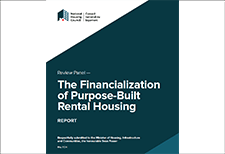
Visitors to the Learning Hub may read past copies of the quarterly Learning Hub Digest where we share quarterly updates to keep you informed on the latest financial empowerment, resources, research, and learning events. Issue 17: December 2025 Issue 16: September 2025 Issue 15: June 2025 Issue...

While available research indicates that gender-diverse persons experience intersecting challenges to accessing adequate housing in Canada, there has been limited human rights analysis of this group’s experiences. Available research indicates that trans and gender-diverse persons experience...
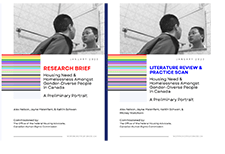
The Canada Disability Benefit is an opportunity to guarantee that people with disabilities can live a life with dignity and have an adequate standard of living. For the new Canada Disability Benefit (CDB) to meet its goal of financially supporting and reducing poverty of people with disabilities,...

The National Housing Strategy Act (NHSA) of 2019 introduced landmark human rights mechanisms aimed at addressing systemic housing issues in Canada. These mechanisms enable rights holders who have borne the brunt of Canada’s housing crisis to have their voices heard, claim their rights, and offer...
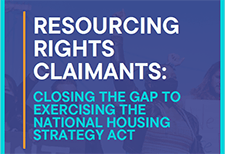
November 26 is National Economic Abuse Awareness day. The Canadian Centre for Women's Empowerment has published their report on the state of economic abuse in Canada; championing financially strong futures for survivors. Here are some additional resources of potential interest: The economic...
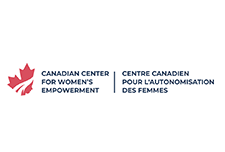
The Office of the Federal Housing Advocate released their annual report to the federal Housing Minister, outlining findings from submissions they received from 2022 to 2023 through their online public submission process that allows people from across Canada to report directly to the Advocate...
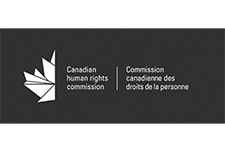
Drawing on survey and interview data, as well as data from Daily Bread and North York Harvest’s member agencies, the 2022 Who’s Hungry report examines trends in food bank use and food insecurity over the past year in relation to three core areas: income and employment, housing, and the cost of...
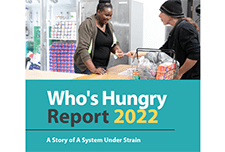
This brief lays out how care impacts economic recovery, family economic security and asset building, equity and justice, and the well-being of children, older adults, and people with disabilities. COVID-19 highlighted the importance of caregivers, as parents have become remote learning...
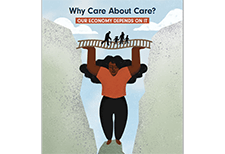
This National Indigenous Economic Strategy for Canada is the blueprint to achieve the meaningful engagement and inclusion of Indigenous Peoples in the Canadian economy. It has been initiated and developed by a coalition of national Indigenous organizations and experts in the field of economic...
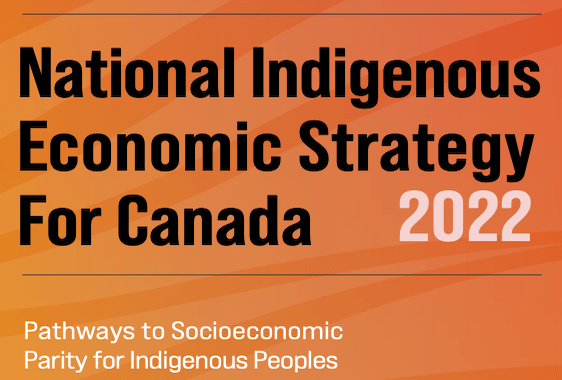
High levels of household indebtedness in Canada has been a concern for policymakers at all levels of government over the past decade. As the economic costs of COVID-19 grow, household indebtedness becomes a faster growing and increasingly more serious concern. While responsive government...
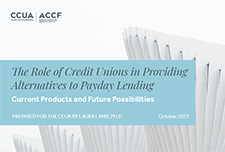
In 2019, the Australian Government committed to additional actions to improve the financial outcomes of Australians, including undertaking an immediate review of the coordination and funding of financial counselling services that disadvantaged Australians rely on. The review noted the benefits...
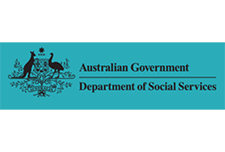
Canada’s external complaint handing structures and processes play a critical role in levelling the playing field for consumers and financial service providers, helping to offset the inevitable imbalance of power between large financial institutions and individual consumers. Prosper Canada...
COVID-19’s effects have underscored the ways that racism, bias, and discrimination are embedded in health, social, and economic systems. Black, Indigenous, and Latinx people are experiencing higher rates of infection, hospitalization, and death, and people of color are also overrepresented in...
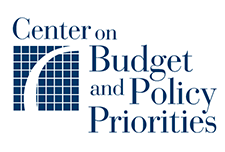
This report was released as part of public education movement Campaign 2000's annual assessment of child and family poverty in Canada, providing an overview of the following key issues relating to poverty in Yukon: the housing crisis and the challenge of food insecurity with a focus of the...
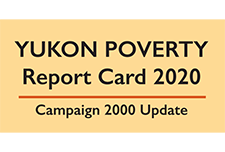
A report from Auditor General Karen Hogan concludes that the Canada Revenue Agency (CRA) managed the Canada Child Benefit (CCB) program so that millions of eligible families received accurate and timely payments. The audit also reviewed the one-time additional payment of up to $300 per child issued...
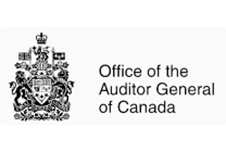
Economic security programs such as Social Security, food assistance, tax credits, and housing assistance can help provide opportunity by ameliorating short-term poverty and hardship and, by doing so, improving children’s long-term outcomes. Over the last half-century, these assistance programs...

Even before the COVID-19 pandemic, many Canadians were having difficulty making ends meet, and the pandemic has further impacted the financial well-being of financially vulnerable Canadians. In this webinar, we present research on how COVID-19 has impacted the financial security of Canadians and...
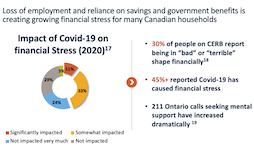
This report offers an intersectional perspective on how Canada can recover from the COVID-19 crisis and weather difficult times in the future, while ensuring the needs of all people in Canada are considered in the formation of policy. YWCA Canada and the University of Toronto’s Institute for...
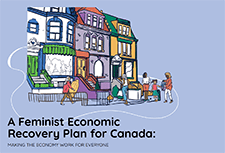
This report provides an overview of financial health and the policy responses around the world. Based on this, and the key questions of whether financial health measure more than income and if financial inclusion supports financial health, the report offers recommendations to policy makers on...
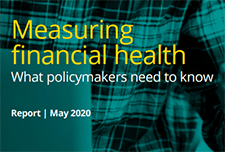
Ontario tenants who have fallen behind on their rent because of COVID-19 will need provincial help to stay housed when the current eviction ban is lifted. A new analysis calls for targeted rent relief, a gradual easing of the eviction ban, and a reintroduction of rent...

